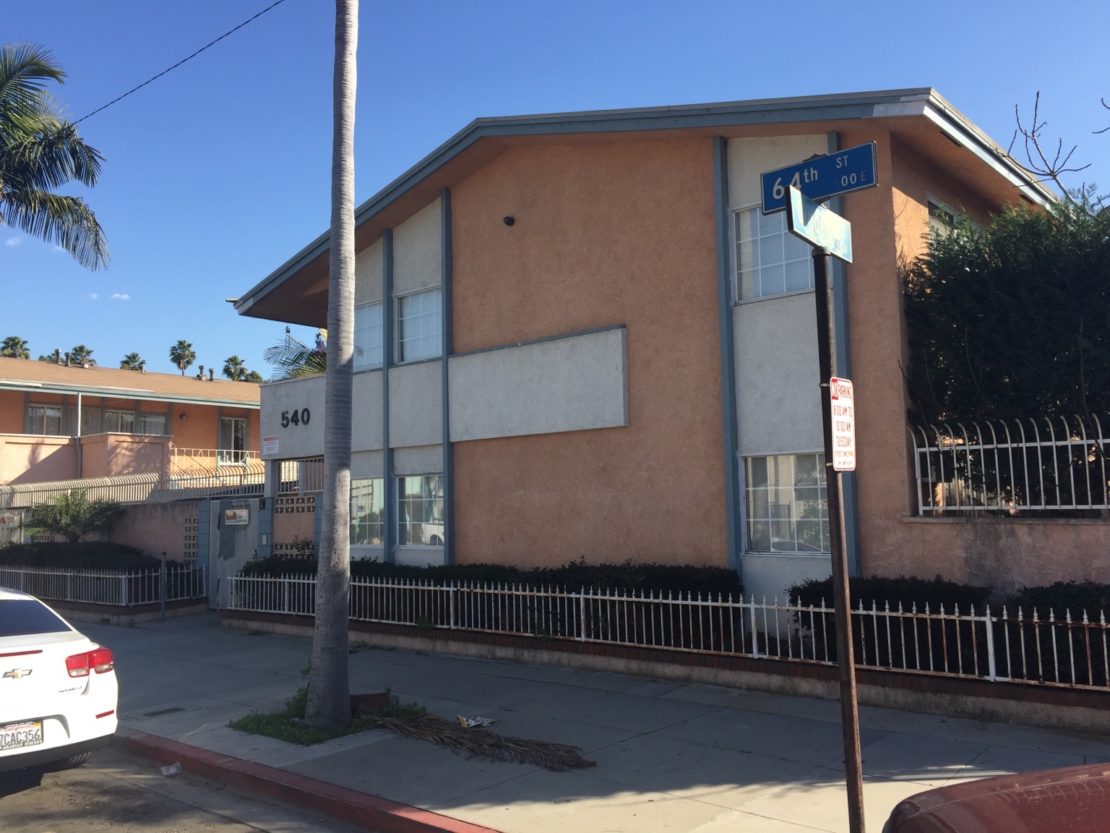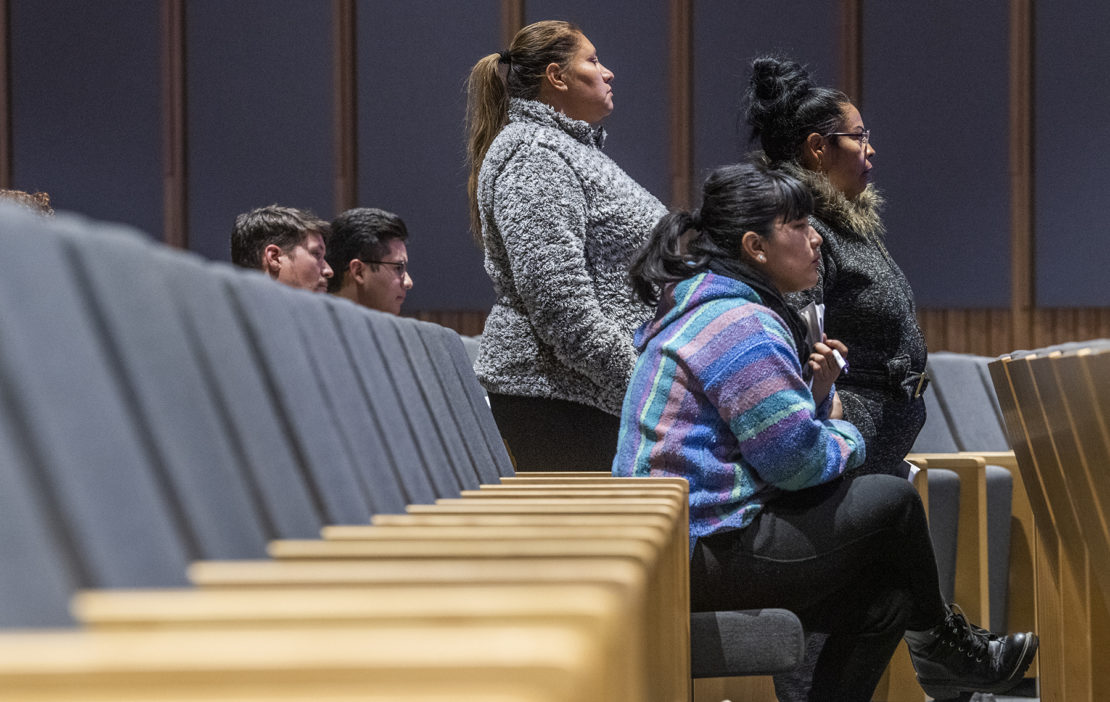After hearing weeks of complaints from renters facing eviction, the City Council is expected on Tuesday to discuss whether to strengthen protections in a new state law that would require landlords to meet a higher standard of proof before booting tenants.
Since the state Tenant Protection Act went into effect in January, renters across the city have reported receiving eviction notices from property owners or managers, who have said they intend to demolish or substantially remodel their units.
These so-called “no fault” evictions are allowed under the law, which requires landlords to obtain government building permits proving that the renovations are more than cosmetic, such as paint and minor repairs.
But the law does not say when those permits must be obtained and shown to residents. Tenant-rights activists call this “a loophole” that lets landlords evict renters without first proving that the renovations meet the thresholds set by the new state law, also known as the TPA.
“Since January 1, 2020, many Long Beach residents, in TPA protected units, have received Notices to Vacate for Substantial Remodel work, but the owners have not pulled permits and the Notices to Vacate do not include any information about the scope and type of work to be performed on the unit,” according to an agenda item authored by 1st District Councilwoman Mary Zendejas and co-signed by 2nd District Councilwoman Jeannine Pearce and 8th District Councilman Al Austin.
Tenants also complain that there is no enforcement mechanism to hold owners accountable for violating the law. As with most tenant-landlord disputes, they’re forced to pursue remedies in the local courts.
On Tuesday, the council will consider asking the city attorney to draft an urgency ordinance that clarifies the process and requirements to prove that a unit will be undergoing substantial renovations, clearing the way for an eviction.
Specifically, the proposed ordinance would mandate that property owners get permits for renovations before serving tenants with eviction notices that would include exactly what is being done to the units, according to Zendejas’ chief of staff, Ray Morquecho.
That ordinance would be reviewed at the Feb. 18 City Council meeting. Tuesday’s agenda item also would request a temporary halt to no-fault notices for substantial remodels until next week’s meeting.

Norbeto Lopez, project director with Long Beach Residents Empowered (LiBRE), called the proposed action a step in the right direction.
He applauded the leadership of the council members who signed onto the agenda item, including Austin whose residents are not believed to be facing the types of evictions those in District 1, 2, 6 and 9 are, he said.
Lopez said the council has an opportunity to “stop the bleeding” and address mass displacement and homelessness.
“We can always do more,” Lopez said, “but this is the first step.”
Housing advocates have identified about 25 units citywide where tenants are facing evictions, with another 50 units being threatened under the substantial remodeling clause. The most vocal residents have come from North Long Beach, where eight units in a 16-unit apartment building have received notices so far, and from a Rose Park apartment building where a total of 16 units are facing evictions.
The tenants in these buildings have made the trekk Downtown since early January when they received their notices, many of them fighting to stay in their homes because of the lack of affordable housing elsewhere in the area.
At least in those two buildings, owners have issued eviction notices saying that substantial renovations will take place but no permits have been obtained, housing organizers say.
In one recent council meeting, Antonia Zavala, a North Long Beach renter facing displacement due to the substantial remodeling clause, asked the council to put a moratorium on evictions until something could be done.
“We don’t know where to go, or how much we’ll need to pay,” a worried Zavala said in Spanish.
Her building is made up of mostly immigrant and low-income families.

Mike Murchison, a real estate lobbyist in Long Beach, was critical of the last-minute agenda item that council members never discussed with property owners or landlord groups, he said.
“Generally speaking, permits aren’t pulled until after tenants leave to determine the damage done,” Murchison said.
And if a permit is never pulled, Murchison said that under the law, there are civil remedies for tenants to use.
Murchison called the agenda item premature for a law that has only been in place since Jan. 1 and with no “tangible results.” He instead recommended that the council put the issue to the Housing and Neighborhoods Committee and employ code inspectors to verify if permits have been pulled before acting.
This would not be the first time the City Council has enacted a local policy to complement a state housing law and protect renters. Last August, it passed an ordinance that required landlords to pay residents who were being displaced from a unit through no fault of their own. That law was canceled in December so as to not overlap with AB 1482, even though the state law mandates dramatically less relocation assistance to renters.
In November, 9th District Councilman Rex Richardson led an effort to put a freeze on no-fault evictions during the holidays after whole buildings began facing evictions in the lead-up to AB 1482.
The council will discuss the latest efforts to protect tenants during its meeting on Tuesday, Feb. 11 at 5 p.m. The meeting will take place at City Hall inside the Civic Chambers, located at 411 E. Ocean Blvd.

